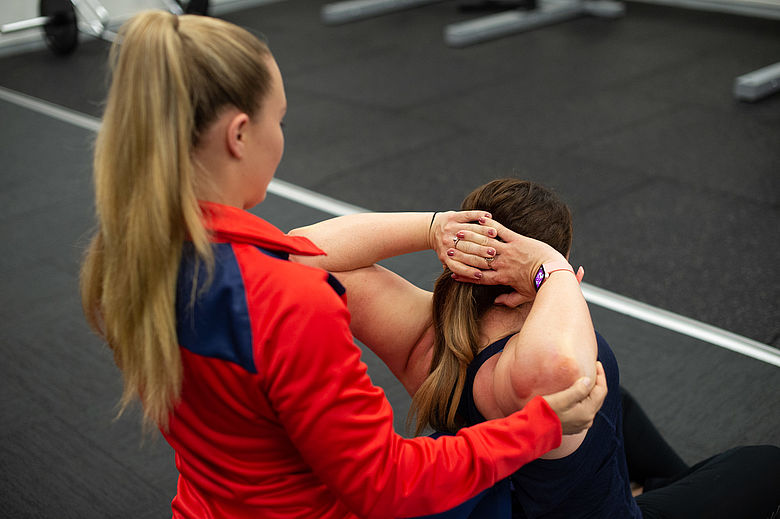In order to progress with our training goals and body composition targets it is essential we allow for rest and recovery. If you aren’t allowing yourself a rest day you are doing yourself more harm then good and progress will slow down. This may come as a shock but your muscles do not grow when you are in the gym training, they grow when they recover while you are at rest. When we are in the gym we are placing load through our muscles which causes micro tears in the muscle. When we are at rest these tears heal and the muscles grow as a result of the stimulus placed on them. If we don’t rest, these tears can grow and the muscle can become more inflamed leading to a range of issues such as injury, decreased performance, negatively impacting mood, reduced sleep quality and a negative impact on body composition.
So, how do you ensure you are getting adequate recovery from your workouts?
Take a Rest Day
It is important you are taking at least one, ideally two rest days a week. This means you are either doing completely nothing or only doing light, low intensity movement that places no stress on the body e.g. walking, yoga or low intensity swimming. Taking 1-2 rest days per week will promote muscle recovery, prevent overtraining, promotes relaxation and is beneficial for our mindset. After a rest day you should feel physically and mentally ready to push yourself and get the most out of your workout.
Ensure you are Consuming an Adequate Amount of Protein
Protein is the building block for muscle and is vital to maintaining healthy body composition. It is essential to maintain and grow lean muscle mass. Consuming enough protein after a workout helps to reverse the damage caused from training and build muscle ensuring you are recovered and ready for your next workout.
Prioritise Sleep
One of the most important aspects of recovery is sleep. The National Sleep Foundation recommends getting between 7-9 hours of sleep a night. Growth hormone is released when we sleep which helps to repair damaged tissues and help muscles to regenerate and grow. Too much exercise paired with too little sleep puts you at risk of overtraining which will impact all aspects of your overall progress.
Consume Adequate Carbohydrates
Carbohydrates are our body’s main energy source that are stored as glycogen in our muscles. After a tough workout our glycogen levels will be depleted therefore it is important to top them back up. Poor recovery due to lack of carbohydrates could result in feeling lethargic, increased muscle soreness and excessive hunger which could then result in overeating.
Stretching, Foam Rolling and Mobility Work
There are additional recovery methods we can add to our routine to aid recovery but these will not be beneficial if the above are not implemented first. Stretching and mobility work will improve flexibility and reduce muscle soreness. Foam rolling will stimulate blood flow and reduce muscle tightness and inflammation. Other recovery methods include saunas, massage, ice baths, cryotherapy chambers, float tanks and the list goes on. These methods will be beneficial but they will not replace adequate sleep, nutrition and rest.
No matter what your workout routine or goal is we will all benefit from scheduling in recovery time into our week. Remember that when you end one workout you are starting next and how you choose recover will determine how much you get out of your next training session. Pushing yourself to your limits and forgetting about rest and recovery will not get you anywhere.
Are you our next success story?
Enjoy a two week FREE experience pass, when you book a free consultation today.

